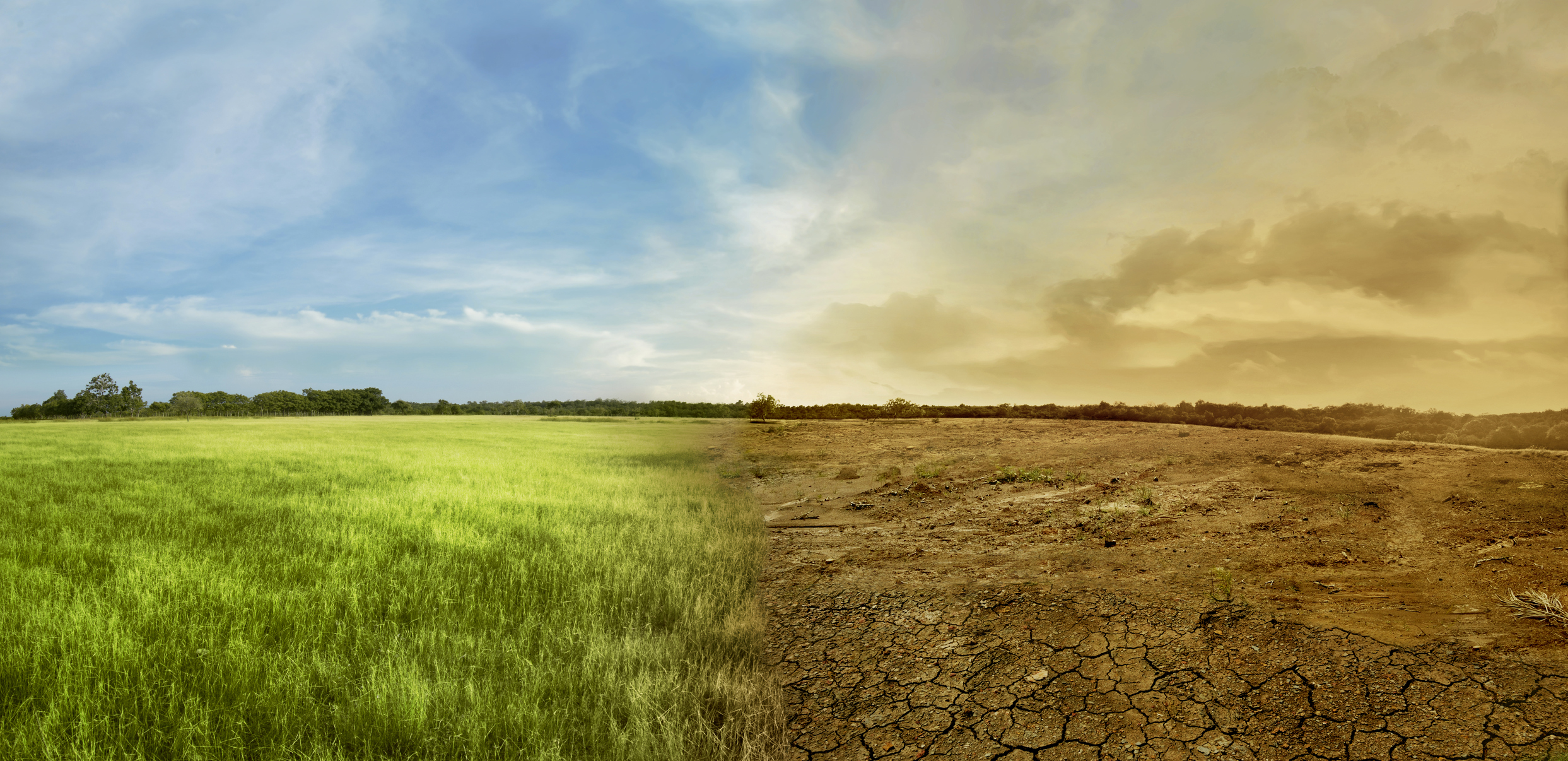
The recently released International Panel on Climate Change (IPCC) report provides sobering, if not surprising reading. It captured, at least briefly, worldwide attention. The report clearly outlines the need for urgent and unprecedented changes to limit global warming to 1.5degC. These dramatic changes need to be implemented within the next 12 years to limit climate catastrophe. While the changes required are dramatic, the authors of the report also state that they are affordable and feasible, if we act quickly.
We are no longer talking about impacts for future unknown generations; it is personal. We are talking about impacts that will occur for our next significant life milestone. If you have a child starting primary school, by the time they leave high school, we will know if we have done enough to avoid catastrophe. Or if a friend or family member just turned 40 or 50, by the time you think about planning their 50th or 60th, we will know where we stand.
Fortunately, there are multiple opportunities to initiate dramatic change. We can radically transform the way we use and produce energy, change transportation systems, build denser and more sustainable cities and communities and transform food and agriculture systems.
Efforts are already under way across all of these sectors, albeit in a piecemeal fashion. What are at present isolated pilot projects and innovative alternatives need to rapidly become the norm. However, while we can point to innovative solutions, I would argue that we need to pay more attention to the barriers that exist that are preventing these dramatic transformations from flourishing. Food and agriculture provides a good example.
In New Zealand, we are well aware of the impacts of agriculture and food systems on climate change. We know that agriculture alone accounts for 49% of our greenhouse gas emissions, but emissions are also produced across the food system through the energy required to process, chill, transport, sell and consume food. Clearly, food and agricultural systems need urgent and unprecedented change, both nationally and globally.
But our existing food system did not just appear out of thin air. It has resulted from a prolonged period of modernisation and industrialisation of both agriculture and diets. It is supported by a system of exchange, trade agreements and investments that results in a food system where it makes ``sense'' (and is profitable) to produce high-volume, perishable products such as meat or milk or fruits and sell it to the world.
If we want to change our food and agriculture system, we need to think about more than just what is happening in our paddocks, our stores and our kitchens. Obviously, we can and should be changing farming practices and what we eat to be more climate friendly. But we also need to consider questioning the drivers that have created and support the food system status quo so that alternatives might develop.
There has been lots of attention paid to the development of local, alternative or organic food systems and practices. They already exist, in pockets here and there. It is often assumed that these efforts can serve as models for a different kind of food system that is more environmentally and climate friendly and if we just had more of them, we might transform our food system and dramatically reduce our greenhouse gas emissions.
However, there has been relatively little attention paid to the markets or the process of exchange that supports such systems. The unanswered question is, can the same market rules, institutions, processes and approaches that govern our dominant food system support the transition to more sustainable or even regenerative food systems?
Or to put it another way, what kind of incentives, rules, institutions or processes are required so that it makes more ``sense'' (and is profitable) for sustainable food systems (and related dramatic and unprecedented reduction of greenhouse gas emissions) to become the norm, rather than the exception?
The scale and scope of the change required can be daunting and depressing. However, inspiring and innovative changes are under way and there are lots of meaningful and impactful small changes we can make. If you are looking for inspiration and support in your efforts to transform food systems, Our Food Network is hosting a screening of the film Edible Paradise that documents the efforts of people from across New Zealand that are busy creating one model of what the future of food might look like. The film screening will take place at the Dunningham Suite at the Dunedin City Library today at 3pm.
Sean Connelly is a senior lecturer in the University of Otago department of geography. Each week in this column, one of a panel of writers addresses issues of sustainability.
The film
Edible Paradise, a film documenting efforts to model a new New Zealand food system, screens at the Dunningham Suite, Dunedin City Library, today (Saturday, October 27) at 3pm














